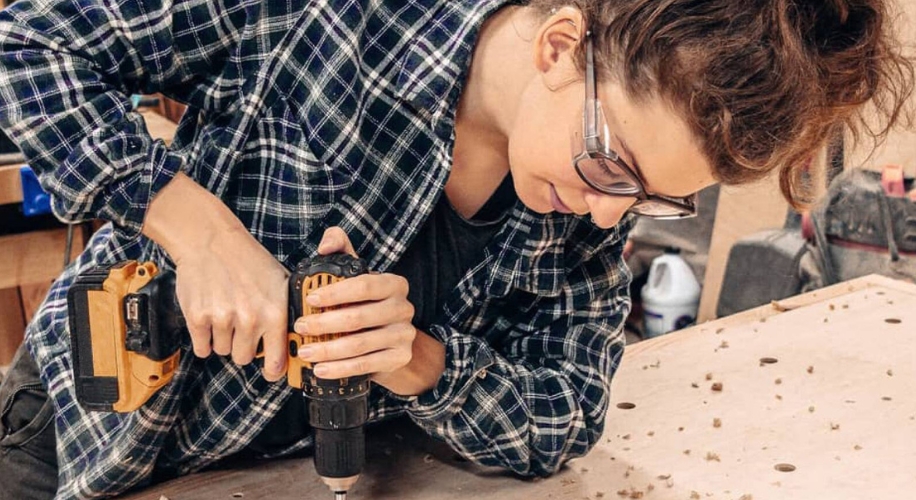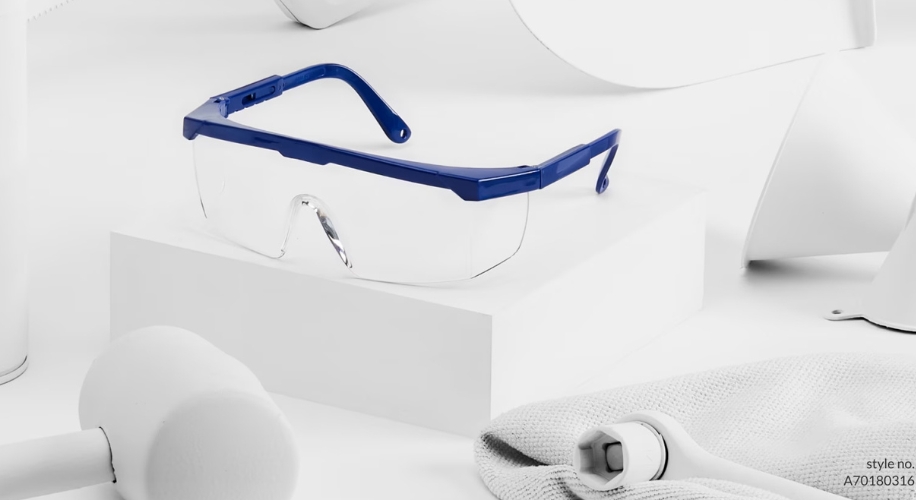Protecting Your Eyes From Corneal Abrasions
- BY Dr. Steven Liem
- IN Eye Health
Shop These Zenni Frames
Your cornea is the clear, dome-shaped surface that covers the front of your eye. It acts as the window to the world and plays a crucial role in vision. A corneal abrasion occurs when this outer layer of the cornea is scratched or injured. While often minor, corneal abrasions can be quite uncomfortable and can lead to serious complications if not treated promptly.
How Do Corneal Abrasions Occur?
- Foreign Objects: Tiny particles like dust, sand, or metal shavings can scratch the cornea.
- Improper Contact Lens Use: Contact lenses that are damaged, not cleaned, or improperly handled can scratch the cornea’s surface.
- Trauma: Direct trauma, such as getting poked or scratched in the eye, can cause a corneal abrasion.
- Chemical Exposure: Exposure to certain chemicals, such as cleaning solutions or airborne irritants, can damage the cornea.
What Are The Symptoms?
- Eye pain or discomfort
- Redness
- Tearing
- Sensitivity to light
- Feeling like there’s something in your eye
- Blurred or decreased vision
Shop Kids’ Sport Goggles
How Can Corneal Abrasions Be Prevented?
- Wear Eye Protection: When engaging in activities that pose a risk of eye injury, such as sports or working with hazardous materials, wearing sports goggles or safety glasses is essential.
- Handle Contact Lenses Properly: If you wear contact lenses, be sure to exercise proper handling and cleaning habits. Do not wear your contacts if you see any rips or tears on the lens.
- Keep Your Eyes Lubricated: Dry eyes are more prone to corneal abrasions. Use artificial tears or eye drops as recommended by your eye care professional to keep your eyes lubricated and comfortable.
- Maintain a Clean Environment: Regularly clean and dust your living and workspaces to minimize the risk of foreign objects getting into your eyes.
Treatment Options
- Pain Management: Over-the-counter pain relievers or prescription medications may be used to alleviate discomfort.
- Preventing Infection: Antibiotic eye drops or ointments may be prescribed to prevent infection.
- Protective Eye Patch: In some cases, wearing a patch over the affected eye can help promote healing and prevent further injury.
- Follow-Up Care: It’s essential to follow up with your eye care professional to ensure proper healing and monitor for any complications.
Shop These Zenni Frames
Remember, eye protection can help safeguard your eye health and reduce the risk of eye injuries. Zenni offers a wide range of prescription safety glasses and non-prescription protective goggles that are not only affordable, but also stylish and high quality, providing reliable protection for your eyes.




